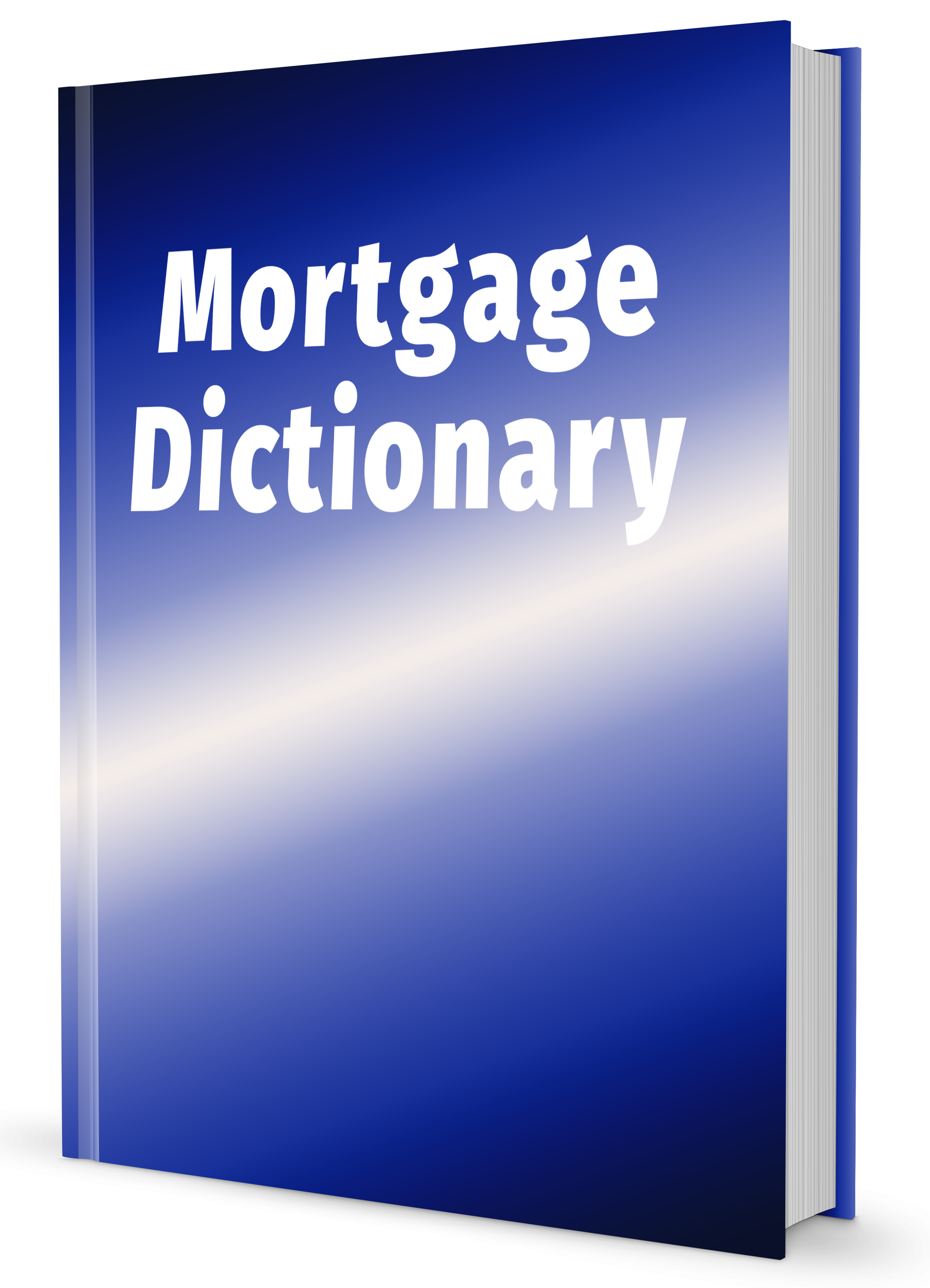The Top 10 Mortgage Terms You Should Know
Your LTV is going to affect your rate which in turns affects your APR which will then change your DTI
What??? What did he just say?
What did he just say?
The mortgage world is full or terms and acronyms that are not often found in the “real” world. 
Below are the top 10 mortgage terms you should know.
1. APR
The Annual Percentage Rate– is a measure of the cost to you of borrowing money. The APR reflects not only the interest rate but also the points, mortgage broker fees, and other charges that you have to pay to get the loan. For that reason, your APR is usually higher than your interest rate.
2. ARM
An Adjustable Rate Loan is one with an interest rate that may go up or down. Some ARM loans will be fixed for an introductory period before adjustments begin. The frequency and amount of the adjustments will depend on the terms of the loan. In contrast, fixed rate mortgages (FRM) remain at the same rate for the life of the loan.
3. Closing Costs
Closing costs are fees paid to the lender and other third parties for services provided during transaction. The amount of the fees can vary. Examples of these fees can include: appraisal, processing, underwriting, points, title insurance, etc.
4. Credit Score
Your credit score is a numerical rating given to a person by a credit bureau that reflects the applicant’s creditworthiness. Payment history, outstanding debt type of credit and other factors will affect the credit score of the individual. Mortgage lenders rely on a credit report which includes credit scores from all 3 credit bureaus (TransUnion, Equifax, Experian) when analyzing your application for loan approval.
5. DTI
Debt to Income ratios calculate the percentage of your income that is allocated to debt. The total of your monthly obligations (including your new proposed mortgage payment) is divided by your qualifying income to establish your DTI. Different programs have different DTI limits.
6. Impound Account
An impound account, also referred to as an Escrow impound account, is a special account that a lender will set up to pay for your taxes and insurance. Your lender will collect an initial amount to establish the account. This amount will vary depending on the time of year that your closes and when the local taxes are due. Each month, you will include 1/12th of the tax and insurance costs with your payment. Your lender will pay your taxes and insurance premiums when they are due with the money in this account.
7. LTV
Loan-To-Value is the percentage ratio of the amount borrowed to the appraised value or sales price of the home. The maximum LTV varies by loan program type and their individual guidelines. Loan amount ÷ appraised value x 100= LTV
8. MI
Mortgage Insurance protects the lender in case the borrower defaults on the loan. MI is generally required on loans when a borrower puts less than a 20% down. FHA loans always have mortgage insurance regardless of the amount of down payment.
9. PITI
Principal, Interest, Taxes, Insurance is the basis of this acronym. It is used to refer to the total monthly housing expense that a borrower will qualify for. In some cases, the total will also include Mortgage Insurance and HOA fees if applicable.
10. Rate Lock
The rate lock is a lender’s guarantee of the interest rate and terms of your loan. Rate locks are valid for a set period of time and require that your loan close within that time period. Locking in your rate protects you against rate increases during that time.
